
2023-02-15 13:45:00
GLOBAL NUCLEAR POWER RISE
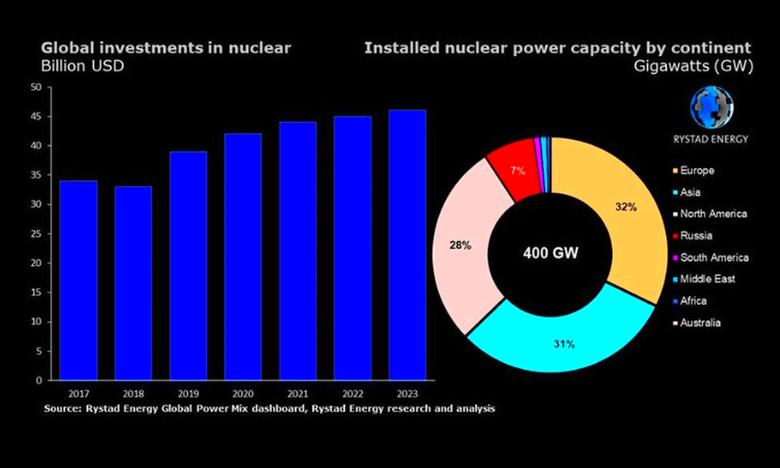
By DAVID GAIER Owner, David Gaier PR
This thought leadership article was originally shared with Energy Central's Clean Power Community Group. The communities are a place where professionals in the power industry can share, learn and connect in a collaborative environment. Join the Clean Power Community today and learn from others who work in the industry.
-----
Earlier:
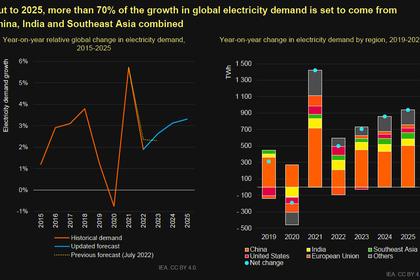
2023, February, 10, 12:25:00
GLOBAL ELECTRICITY DEMAND UP
World electricity demand remained resilient in 2022 amid the global energy crisis triggered by Russia’s invasion of Ukraine. Demand rose by almost 2% compared with the 2.4% average growth rate seen over the period 2015-2019.
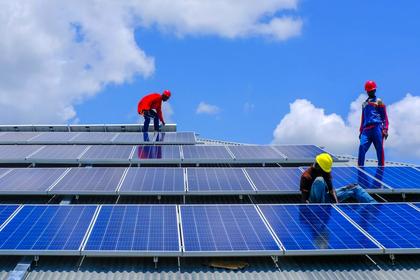
2023, January, 30, 11:30:00
GLOBAL ENERGY TRANSITION FOR PEOPLE
As the world seeks to address climate and biodiversity challenges and move to clean energy solutions for example, these will deliver impacts within the workplace.
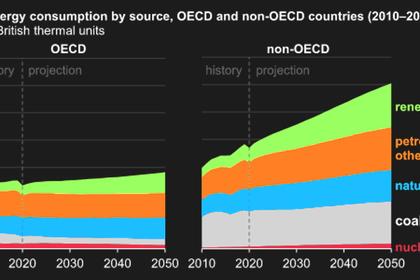
2023, January, 9, 12:20:00
GLOBAL ENERGY TRENDS 2023
Electric utilities are facing a future of increased competition, disruptive technologies, and changing customer demands.
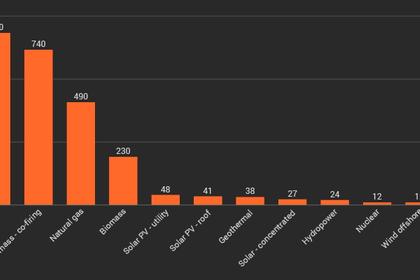
2022, November, 18, 11:10:00
GLOBAL NUCLEAR POWER FOR CLIMATE
Nuclear energy must play a central role in economic relaunch strategies.
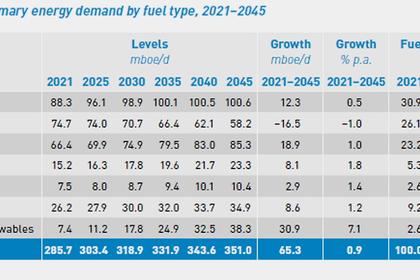
2022, November, 1, 17:10:00
GLOBAL ENERGY DEMAND WILL UP BY 23%
Global primary energy demand is forecast to continue growing in the medium- and long-term, increasing by a significant 23% in the period to 2045. The world needs to annually add on average 2.7 million barrels of oil equivalent a day to 2045.

2022, October, 24, 12:08:00
GLOBAL NUCLEAR POWER & NET ZERO
Nuclear power, climate change and sustainable development. Investor and philanthropist Bill Gates speaks with the IAEA in an exclusive interview ahead of the IAEA International Ministerial Conference on Nuclear Power in the 21st Century, to be held from 26 to 28 October 2022 in Washington, D.C.
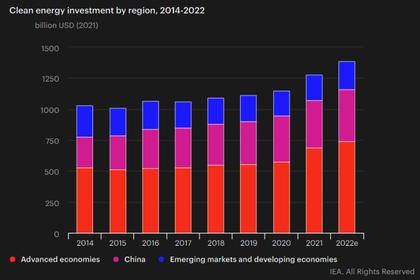
2022, October, 17, 12:25:00
GLOBAL CLEAN ENERGY: SLOWLY AND EXPENSIVE
Progress on the world’s rising climate action ambitions could be undermined by a shortage of some of the critical minerals used in clean-energy technologies including wind turbines, solar farms and electric vehicles (EVs),









